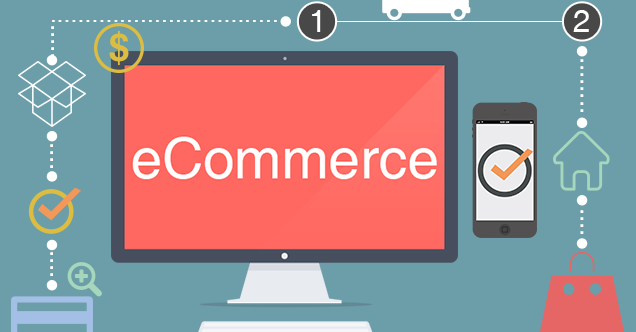Starting an e-commerce store is a great way to start out as an entrepreneur looking to be their own boss. It’s a business that is growing fast so there is a lot of competition but that means there is a lot of money to be made. More and more people are shopping online every day which presents a huge opportunity.
Being successful means finding a way to get your product in front of all those potential customers. Promoting your brand, figuring out the logistics, and handling customer service are all important. In this article, we will go over several of the essentials to help you get started with your own e-commerce store.
1 – Understand the logistics
Understanding how the logistics works when you sell products online will help you come up with a strategy for when you get started. Shipping and fulfillment are crucial parts of running an e-commerce store. They involve getting your products from your store to your customers. How you handle this has a big effect on your business’s success.
Finding the company who will do your shipping will give you an idea of the expenses and timeline involved. This choice depends on several factors. Calculate the size and weight of your products, where your customers are, and how quickly they expect delivery. Companies like reliablecouriers.com can give you quotes so you understand the expenses.
The logistics of the business are going to be the most complex and complicated of your business. You need to make sure orders are packed correctly and shipped on time. This process includes managing your inventory, packing orders, and dealing with any shipping issues that come up.
2 – Research the market
Understanding the market forces involved when you start an e-commerce store will be one of the biggest factors in the success of your e-commerce store. When you know who your market is, what they are looking for, and how they will respond to marketing will give you a huge advantage.
Identifying your niche is the first step. A niche is a specific segment of the market for a particular kind of product. The key is to find an area you are passionate about and where there is a demand. It could be anything from eco-friendly household products to specialty fashion accessories.
3 – Payment processing
Before launching the website and putting your products online for sale you need to test some payment processors to find the best one for your needs. Setting up payment gateways is key. Payment gateways are services that process credit card transactions and other forms of online payments. They are like digital cash registers.
Ensuring secure transactions is also key. When customers buy from your store, they trust you with their personal and financial information. You need to protect this data from any potential security breaches.
This involves using secure sockets layer (SSL) encryption on your website. SSL encryption creates a secure link between your website and your customers’ browsers, ensuring that all data passed between them remains private and integral.

